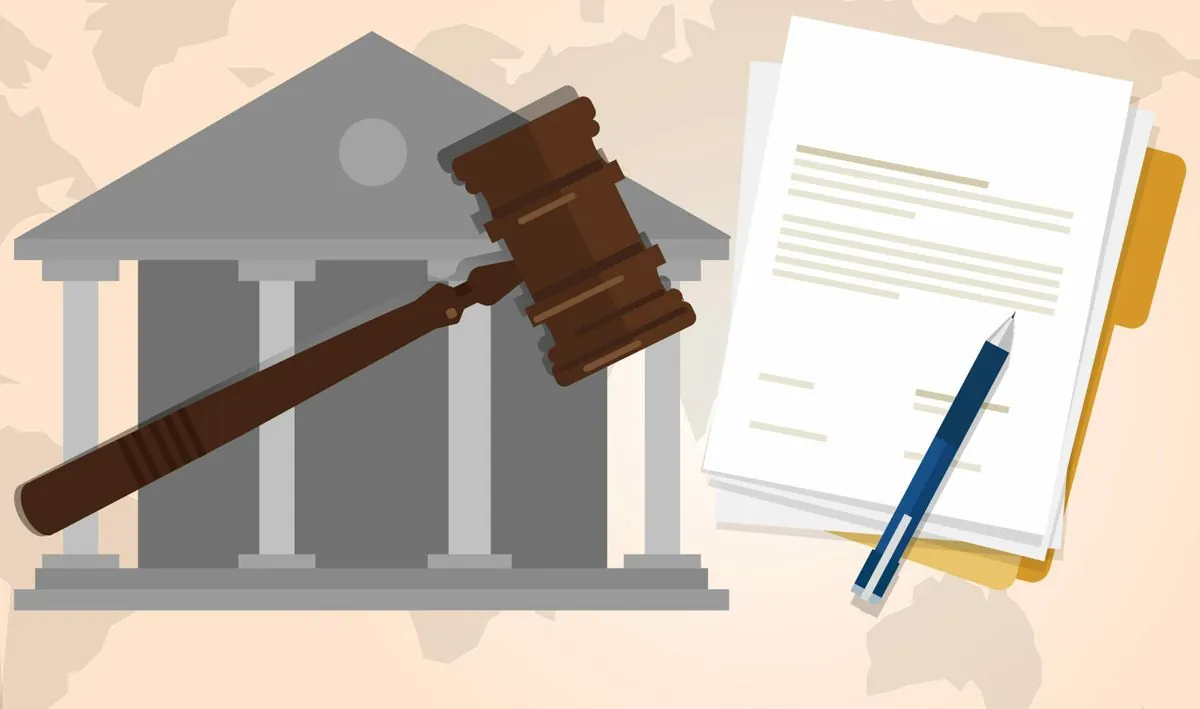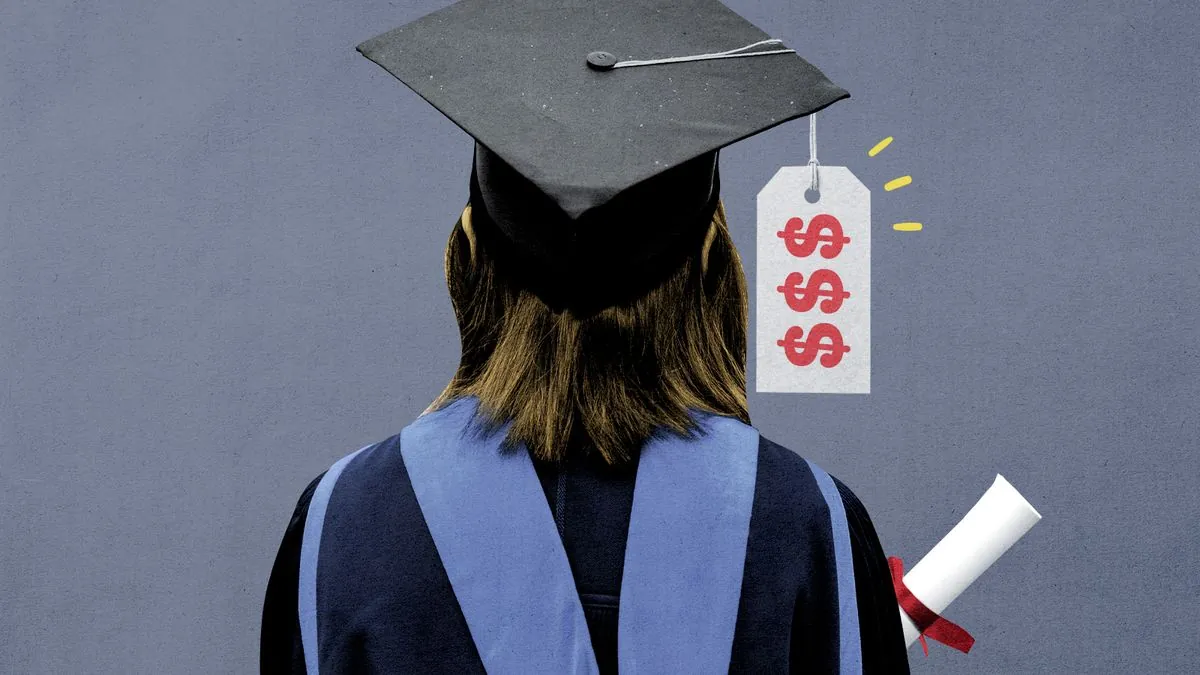Judge Shifts Biden's Student Debt Plan Case to Missouri, Ousting Georgia
A federal judge removed Georgia from a lawsuit challenging Biden's student debt relief plan, transferring the case to Missouri. The decision impacts a $73 billion debt forgiveness initiative.

A federal judge has made a significant decision in the ongoing legal battle over President Joe Biden's student debt forgiveness plan. The ruling, which removed Georgia from the case and transferred it to Missouri, marks a pivotal moment in the administration's efforts to provide relief to millions of Americans burdened by student loans.
U.S. District Judge J. Randal Hall, based in Augusta, Georgia, determined that Georgia lacked legal standing to challenge the plan. This decision came just one day before the expiration of a temporary restraining order that had blocked the administration from proceeding with the initiative. The judge's ruling highlights the complexities surrounding the legal challenges to student debt relief efforts.
The case, initially led by Georgia and Missouri along with five other Republican-led states, challenges a U.S. Department of Education regulation aimed at forgiving $73 billion in student loan debt. This proposal is part of a broader effort to address the growing student debt crisis in the United States, which has reached a staggering $1.75 trillion as of 2023.
Judge Hall's decision to transfer the case to Missouri stems from that state's unique position. Missouri operates a nonprofit student loan servicer that could potentially lose millions of dollars in funding under the debt forgiveness plan. This direct financial impact gives Missouri the legal standing to pursue the case, unlike Georgia, whose claim of potential tax revenue losses was deemed insufficient.
The Biden administration's proposed regulation, introduced in April 2023, is the latest attempt to fulfill a campaign promise made in 2020. It aims to provide full or partial debt relief to an estimated 27.6 million borrowers. This initiative builds upon a history of federal student loan programs dating back to 1958, when the first such program was created.

Under the draft regulation, debt relief would be granted to several categories of borrowers:
1. Those who owe more than they initially borrowed due to accrued interest
2. Individuals who have been repaying loans for 20 or 25 years, depending on specific circumstances
3. Borrowers eligible for forgiveness under prior programs but who never applied
The White House argues that the current student loan system is broken and that debt relief is necessary to alleviate the financial burden on those who pursued higher education. This perspective aligns with the growing concern over student debt, which has become the second-largest category of consumer debt in the U.S.
Republicans, however, contend that the president's approach constitutes an overreach of authority. They argue that it unfairly benefits college-educated borrowers while offering no relief to others. This debate reflects the ongoing political and ideological divide surrounding education funding and debt relief policies.
It's worth noting that the federal student loan landscape has evolved significantly since the Higher Education Act of 1965 established the federal student loan program. Subsequent legislation, such as the College Cost Reduction and Access Act of 2007, has introduced various repayment options and forgiveness programs.
As the case moves to Missouri, the Biden administration continues to defend its proposal vigorously. A Department of Education spokesperson expressed appreciation for the judge's acknowledgment that the case lacked legal basis in Georgia. The spokesperson emphasized the administration's commitment to providing relief to millions of Americans, despite opposition from Republican state officials.
The ongoing legal challenges to the student debt forgiveness plan underscore the complexity of addressing the student loan crisis. With about 43 million Americans holding federal student loan debt and an average debt of around $37,000 per borrower, the outcome of this case could have far-reaching implications for millions of individuals and the broader economy.
As the legal proceedings continue, the future of student debt relief remains uncertain. However, this latest development demonstrates the intricate interplay between federal policy, state interests, and the judicial system in shaping the landscape of higher education financing in the United States.
"We will continue our lawful efforts to deliver relief to more Americans, including by vigorously defending these proposals in court."
This ongoing saga serves as a reminder of the challenges facing policymakers as they attempt to address the growing burden of student debt while navigating complex legal and political landscapes.


































